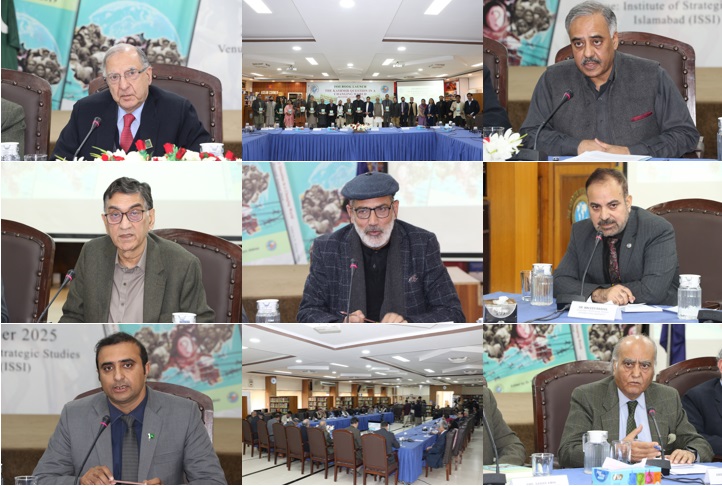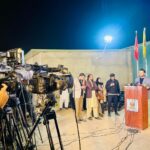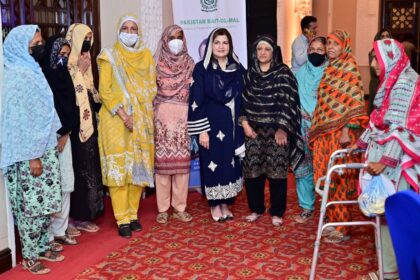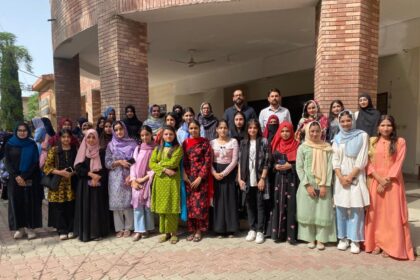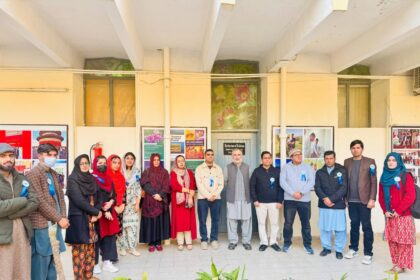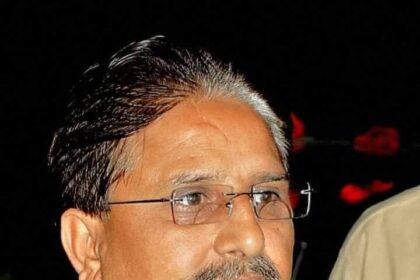The India Study Centre at the Institute of Strategic Studies Islamabad has launched an edited volume titled ‘The Kashmir Question in a Changing World Beyond August 2019’, bringing together 12 chapters by academics and Kashmiri writers from Pakistan, Azad Jammu and Kashmir and abroad. The book aims to challenge prevailing Indian narratives and foreground the lived experience of the Kashmiri people.
Dr. Ghulam Nabi Fai attended as Guest of Honour and praised the inclusion of Kashmiri voices, observing that much of the existing literature is dominated by Indian or foreign perspectives that downplay the suffering of ordinary Kashmiris. He emphasised that the Jammu and Kashmir dispute centres on the aspirations of millions, highlighted the role of the diaspora in shaping U.S. policy across decades, and called for focused advocacy and diplomatic action to translate international sympathy into practical support.
Ambassador Sohail Mahmood, Director General ISSI, described the book as a lens on post-5 August 2019 realities, documenting policies and practices he said amount to political manipulation, demographic engineering and settler-colonial measures. He argued the volume exposes India’s narratives of development and normalcy as attempts to mislead the international community and stressed that dialogue must proceed without coercive preconditions and with justice at its core.
Ambassador Mahmood also noted extensive documentation of human rights violations by Indian security forces and pointed to recent findings by the United Nations Special Procedures Mandate Holders regarding events since the Pahalgam attack on 22 April 2025. He reiterated Pakistan’s position that only sincere dialogue can resolve the Kashmir Question and other regional disputes that fuel instability and mistrust.
Director India Study Centre Dr. Khurram Abbas reflected on the enduring value of books, describing the publication as a sustained effort to present multiple dimensions of the Kashmir Question in proper perspective. Contributors combine legal, political and human narratives to preserve historical memory and inform future scholarship and policy.
Dr. Waleed Rasool called the book a welcome multidimensional addition to Kashmir literature and warned against recent bans on books in India, arguing such restrictions underscore the need for documented, research-based responses. Mr. Altaf Hussain Wani said the volume addresses questions that cannot be ignored and urged more academic work backed by authentic sources to counter competing narratives.
Ambassador Babar Amin described the book as an important milestone that records the political, legal and human costs of the dispute while reaffirming internationally recognised claims and the sacrifices of the Kashmiri people. Ambassador Khalid Mahmood, Chairman Board of Governors ISSI, reiterated that the right to self-determination remains a fundamental human right and expressed confidence that the Kashmiri struggle rooted in justice will ultimately prevail.
The book, edited by the India Study Centre, seeks to keep attention on the Kashmir Question through rigorous research and first-hand perspectives, underscoring calls for justice, sustained advocacy and a dialogue process free of coercive preconditions.




